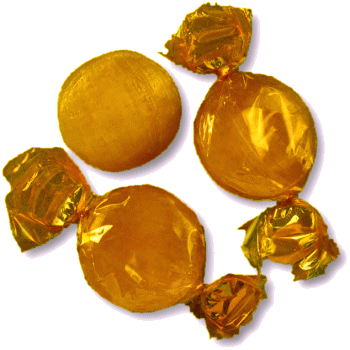




WELCOME TO AN ENTERTAINMENT SITE FOR SCOTTISH COUNTRY DANCERS!
Enjoy this curated selection of theme-related dances for celebrations and holidays, or find a dance associated with a special calendar day, or EVEN your own birthday!
Southern California, 1964
Jun 15

Surfing Day
Goin' Surfin'
Other Scottish Country Dances for this Day
Today's Musings, History & Folklore
"Catch a wave and you're sitting on top of the world ..."
~ Catch a Wave, The Beach Boys, 1963
Though surfing and plank riding have roots in ancient Polynesian arts and sports, modern surfing truly began to flourish and evolve in the early 20th century. Its popularity surged during the 1950s and 1960s, especially in Hawaii, Australia, and California. Surf culture has left a lasting impact on music, fashion, literature, film, art, and youth jargon.
In Southern California, surfing has developed its own "sociolect," a cultural dialect with words like "dude," "tubular," "radical," and "gnarly." Meanwhile, Northern California has contributed terms like "groovy," "hella," and "tight." A universal surfing term is "stoked," which expresses a blend of excitement and happiness about the waves.
Feeling particularly stoked today? Greet a surfer—or a Scottish Country Dancer—with the iconic Shaka, the “hang loose” gesture, borrowed from a Hawaiian greeting! This "tubular" strathspey includes figures meant to evoke the memories of tropical beaches: waves breaking on the shore and swirling back; palm trees swaying their fronts in the breeze; bathers testing the water, and of course, the surfer's wave! Hang loose, dancers! 🤙🏄♂️🤙
Goin' Surfin'
Cowabunga!
Today celebrates surfing and the surfing lifestyle. With events scheduled in more than 30 countries, it's a good day to hit the beach!
References to surf riding on planks and single canoe hulls have been verified for pre-contact Samoa, where surfing was called fa'ase'e or se'egalu, and in Tonga, far pre-dating the practice of surfing by Hawaiians and eastern Polynesians by over a thousand years.
Surfing may have first been observed by British explorers at Tahiti in 1767. Lieutenant James King was the first person to write about the art of surfing on Hawaii when he was completing the journals of Captain James Cook upon Cook's death in 1779.
Some people practice surfing as a recreational activity while others make it the central focus of their lives. Within the United States, surfing culture is most dominant in Hawaii and California because these two states offer the best surfing conditions. However, famous surfing locations exist where ever there is a coastline and surf-worth waves, throughout the world, from Sri Lanka to Scotland to Sweden.
For a fascinating dip into surf culture, click the picture of the "wipeout" for a dictionary of surfer slang, much of which originated in Southern California ("dude", "tubular", "radical", and "gnarly"), along with those coming from Northern California (including "groovy", "hella", and "tight").
Photograph: Clark Little, "Eddie: Twiggy Wipeout"
Click the dance cribs or description below to link to a printable version of the dance!





